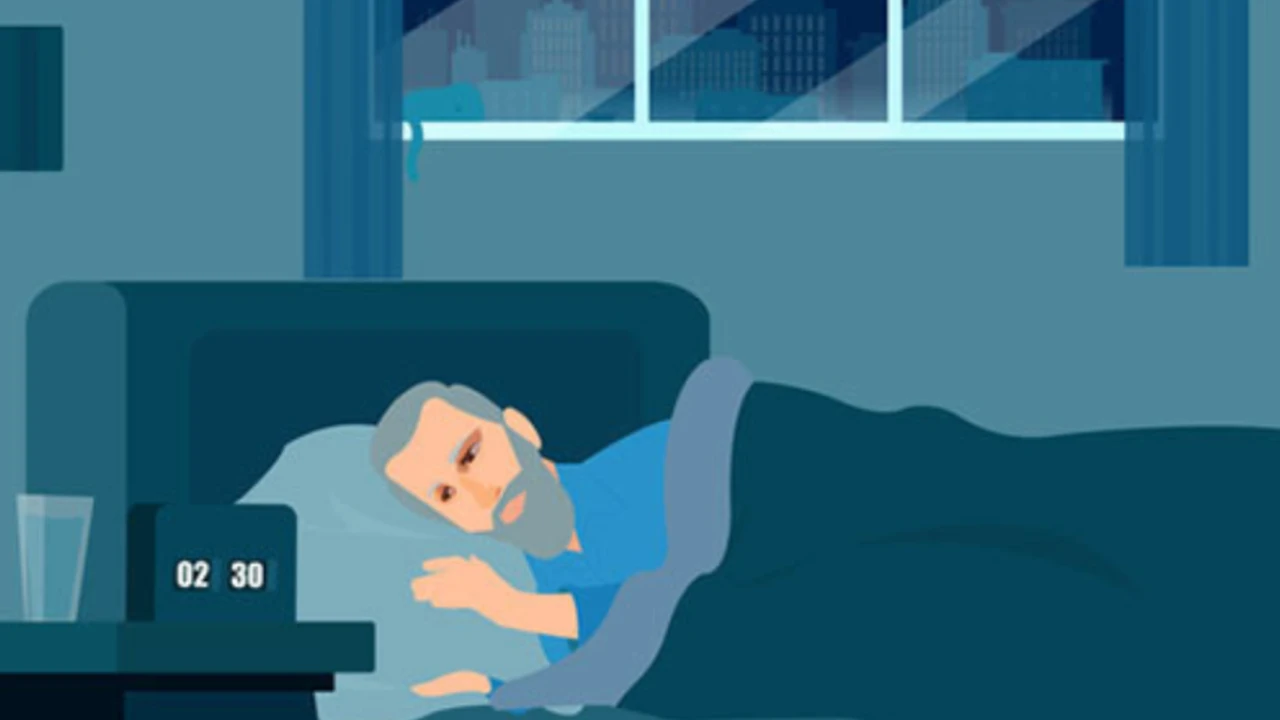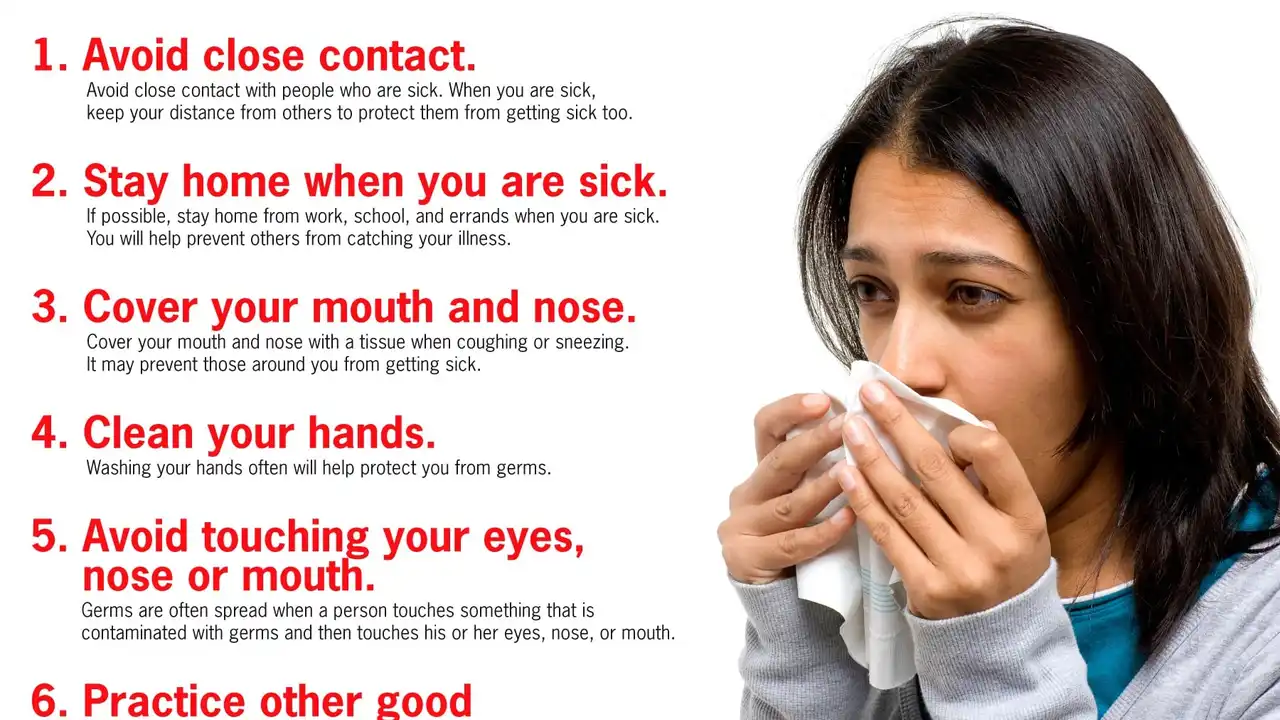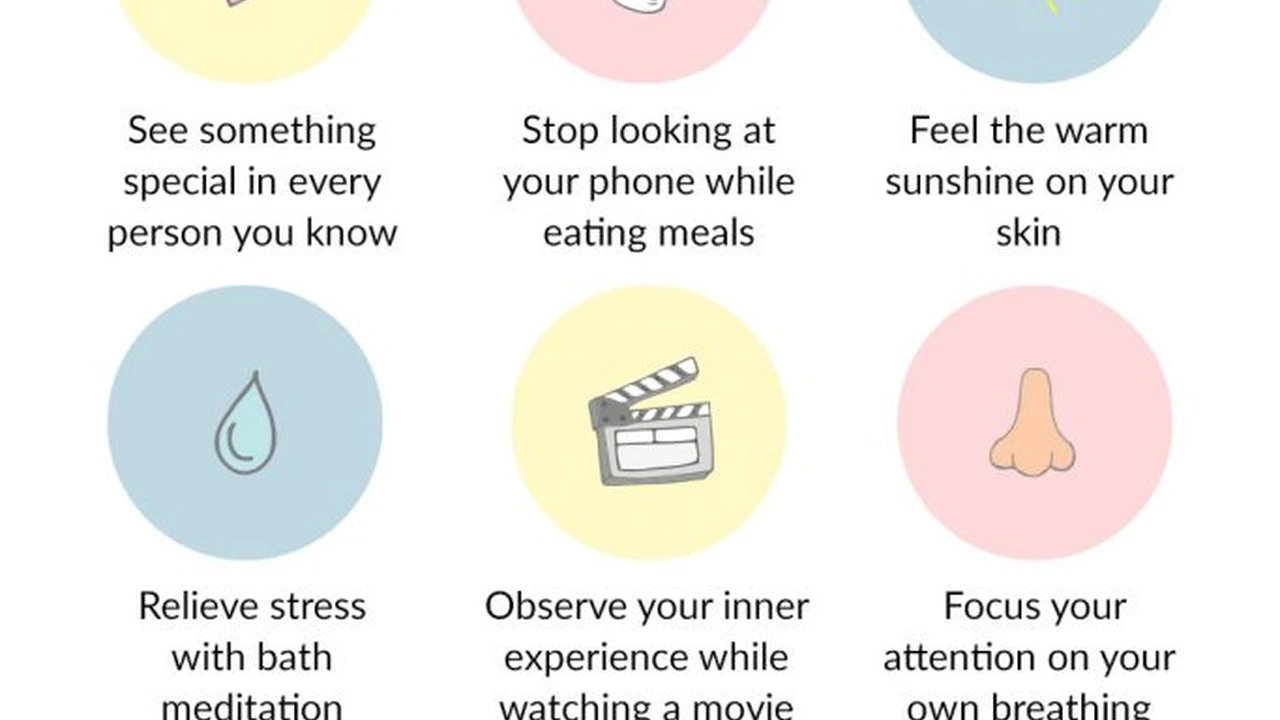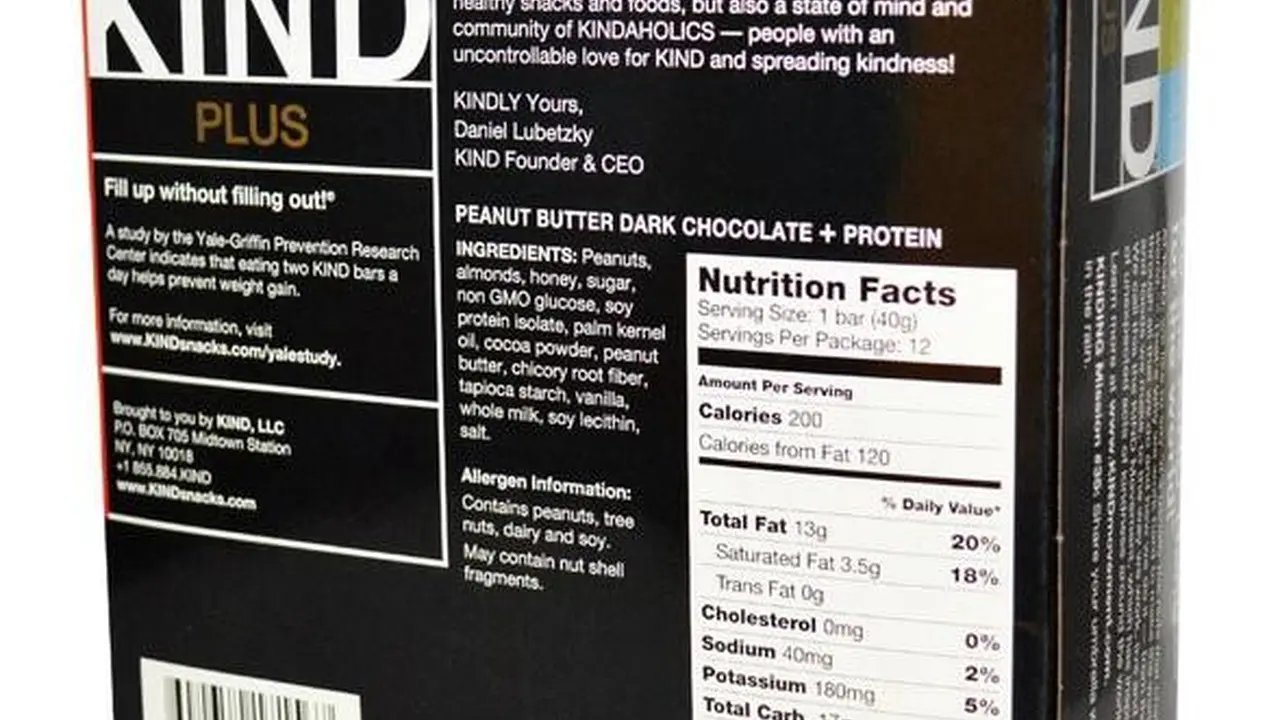The Role of Sleep in Disease Prevention
Sample meta description.

Sleep and Your Immune System: Key to Disease Prevention
Alright, let's talk sleep. We all know we *should* be getting more, but how much does it *really* matter? Turns out, a whole lot. Your immune system, that amazing army inside you fighting off invaders, relies heavily on good sleep. When you're catching those Zzz's, your body is producing and releasing proteins called cytokines. Some cytokines are pro-inflammatory, and some are anti-inflammatory. They need each other to keep the body in balance. When you don't get enough sleep, your body produces fewer of these infection-fighting cytokines, making you more susceptible to getting sick. Think of it like sending your soldiers into battle without their armor. Not a good idea, right? So, prioritize that sleep – it’s literally arming your immune system against disease.
Sleep Deprivation and Chronic Diseases: The Unseen Connection
Chronic diseases like heart disease, diabetes, and even some cancers have a surprising link to sleep deprivation. When you're constantly running on fumes (aka not enough sleep), your body's stress hormones, like cortisol, go through the roof. This can lead to inflammation, which is a major player in the development of many chronic illnesses. Sleep also affects your blood sugar levels. Insufficient sleep can lead to insulin resistance, setting the stage for type 2 diabetes. And your heart? It needs rest too! Chronic sleep deprivation can increase blood pressure and put a strain on your cardiovascular system, increasing the risk of heart disease. See? Sleep isn't just about feeling tired; it's about long-term health.
Optimizing Sleep for Disease Prevention: Practical Tips and Tricks
Okay, so you know sleep is important. But how do you actually get *better* sleep? Here are some actionable tips:
- Stick to a Schedule: Go to bed and wake up around the same time every day, even on weekends. This helps regulate your body's natural sleep-wake cycle.
- Create a Relaxing Bedtime Routine: Wind down with a warm bath, read a book, or listen to calming music. Avoid screens (phones, tablets, TVs) at least an hour before bed. The blue light emitted from these devices can interfere with melatonin production, making it harder to fall asleep.
- Optimize Your Sleep Environment: Make sure your bedroom is dark, quiet, and cool. Blackout curtains, earplugs, and a comfortable temperature (around 65 degrees Fahrenheit) can make a big difference.
- Watch Your Diet: Avoid caffeine and alcohol close to bedtime. They can disrupt your sleep cycle. Also, be mindful of large meals before bed, as they can lead to indigestion.
- Exercise Regularly: Regular physical activity can improve sleep quality. However, avoid intense workouts close to bedtime.
The Role of Melatonin Supplements in Improving Sleep Quality
Melatonin is a hormone that naturally regulates your sleep-wake cycle. If you're struggling to fall asleep, melatonin supplements might be helpful. However, it's important to use them correctly. Start with a low dose (0.5-1 mg) about 30 minutes before bed and see how you respond. Don't exceed the recommended dosage without consulting your doctor. Melatonin isn't a magic bullet, but it can be a useful tool in improving sleep quality, especially if you're dealing with jet lag or shift work.
Sleep Apnea and Disease Risk: Understanding the Connection
Sleep apnea is a common sleep disorder where you repeatedly stop and start breathing during sleep. This can lead to chronic sleep deprivation and increase your risk of various health problems, including high blood pressure, heart disease, stroke, and type 2 diabetes. If you suspect you might have sleep apnea (snoring loudly, gasping for air during sleep, feeling excessively tired during the day), talk to your doctor about getting tested. Treatment options like CPAP (continuous positive airway pressure) can significantly improve your sleep quality and reduce your risk of associated health problems.
The Impact of Stress and Anxiety on Sleep Patterns
Stress and anxiety are notorious sleep disruptors. When you're stressed, your mind races, and it's hard to relax enough to fall asleep. Chronic stress can lead to insomnia and other sleep disorders. Finding healthy ways to manage stress is crucial for improving sleep quality. Consider practicing relaxation techniques like deep breathing, meditation, or yoga. Cognitive behavioral therapy (CBT) can also be helpful in addressing underlying anxiety and improving sleep patterns. Remember, prioritizing your mental health is just as important as prioritizing your physical health when it comes to sleep.
Sleep and Cognitive Function: How Sleep Affects Your Brain
Sleep isn't just about resting your body; it's also about resting and rejuvenating your brain. During sleep, your brain consolidates memories, clears out toxins, and prepares for the day ahead. Sleep deprivation can impair cognitive function, affecting your attention, concentration, memory, and decision-making abilities. Studies have shown that even mild sleep deprivation can have a significant impact on cognitive performance. So, if you want to stay sharp and focused, prioritize those Zzz's!
Sleep Products for Enhanced Sleep: Recommendations and Comparisons
Alright, let's dive into some sleep-enhancing products that can make a real difference. We'll cover everything from mattresses to sleep trackers, and even some aromatherapy options.
Mattresses: Finding Your Perfect Sleep Surface
Your mattress is the foundation of your sleep. A good mattress can provide proper support and comfort, while a bad one can lead to aches, pains, and restless nights. There are several types of mattresses to choose from:
- Memory Foam: Contours to your body, providing excellent pressure relief. Great for side sleepers and those with joint pain.
- Product Recommendation: Tempur-Pedic TEMPUR-Cloud. Offers excellent comfort and support. Around $2,000 - $4,000 depending on size.
- Usage Scenario: Ideal for individuals who prefer a softer, more conforming sleep surface and those who experience pressure points.
- Innerspring: Traditional mattresses with coils. Offer good support and bounce.
- Product Recommendation: Saatva Classic. Offers a balance of support and comfort. Around $1,000 - $2,000 depending on size.
- Usage Scenario: Suitable for back and stomach sleepers who prefer a firmer sleep surface.
- Hybrid: Combines the best of both worlds – memory foam and innerspring. Offers a balance of comfort, support, and bounce.
- Product Recommendation: Purple Hybrid Premier. Offers unique gel grid technology for pressure relief and support. Around $2,000 - $3,000 depending on size.
- Usage Scenario: A versatile option suitable for all sleep positions, providing a balance of comfort and support.
- Latex: Made from natural or synthetic latex. Offers good support, comfort, and durability.
- Product Recommendation: Avocado Green Mattress. Made from organic latex and cotton. Around $1,500 - $2,500 depending on size.
- Usage Scenario: An excellent choice for eco-conscious individuals seeking a natural and supportive mattress.
Comparison: Memory foam excels in pressure relief, while innerspring offers more bounce and support. Hybrid mattresses provide a good balance of both. Latex mattresses are a durable and eco-friendly option. Consider your sleep position, body type, and personal preferences when choosing a mattress.
Sleep Trackers: Monitoring Your Sleep Patterns for Improvement
Sleep trackers can help you monitor your sleep patterns and identify areas for improvement. They typically track metrics like sleep duration, sleep stages (light, deep, REM), heart rate, and movement. This data can provide valuable insights into your sleep quality and help you make informed decisions about your sleep habits.
- Fitbit Sense 2: Tracks sleep stages, heart rate, and skin temperature. Offers sleep score and personalized insights. Around $300.
- Usage Scenario: Ideal for individuals who want a comprehensive overview of their sleep patterns and overall health.
- Apple Watch Series 8: Tracks sleep stages, heart rate, and blood oxygen levels. Offers sleep tracking and sleep schedule features. Around $400.
- Usage Scenario: Suitable for Apple users who want to integrate sleep tracking with their existing Apple ecosystem.
- Oura Ring Generation 3: A ring-shaped tracker that tracks sleep stages, heart rate variability, and body temperature. Provides personalized insights and recommendations. Requires a subscription. Around $300 (plus subscription).
- Usage Scenario: A discreet and comfortable option for individuals who prefer not to wear a traditional wrist-worn tracker.
Comparison: Fitbit and Apple Watch offer a wider range of features beyond sleep tracking, while the Oura Ring focuses specifically on sleep and recovery. Consider your budget, desired features, and personal preferences when choosing a sleep tracker.
Aromatherapy: Creating a Relaxing Sleep Environment
Aromatherapy can be a powerful tool for creating a relaxing and sleep-conducive environment. Certain essential oils have calming and sleep-promoting properties.
- Lavender Essential Oil: Known for its calming and relaxing effects. Can be diffused, added to bathwater, or applied topically (diluted with a carrier oil).
- Product Recommendation: Plant Therapy Lavender Essential Oil. 100% pure and therapeutic grade. Around $10.
- Usage Scenario: Ideal for creating a relaxing bedtime routine and promoting restful sleep.
- Chamomile Essential Oil: Another calming and soothing oil that can help reduce anxiety and promote sleep.
- Product Recommendation: Rocky Mountain Oils Chamomile Essential Oil. 100% pure and therapeutic grade. Around $20.
- Usage Scenario: Suitable for individuals who experience anxiety or stress before bed.
- Sleep Diffuser Blend: A pre-blended essential oil blend specifically designed to promote sleep. Often contains lavender, chamomile, and other calming oils.
- Product Recommendation: Vitruvi Sleep Essential Oil Blend. Contains lavender, chamomile, and frankincense. Around $30.
- Usage Scenario: A convenient option for individuals who want a ready-to-use blend for promoting sleep.
Comparison: Lavender and chamomile are classic choices for promoting relaxation and sleep. Sleep diffuser blends offer a convenient and pre-formulated option. Consider your personal preferences and sensitivities when choosing essential oils.
Remember to consult with a healthcare professional before making any significant changes to your sleep routine or using sleep aids, especially if you have any underlying health conditions.
:max_bytes(150000):strip_icc()/277019-baked-pork-chops-with-cream-of-mushroom-soup-DDMFS-beauty-4x3-BG-7505-5762b731cf30447d9cbbbbbf387beafa.jpg)






